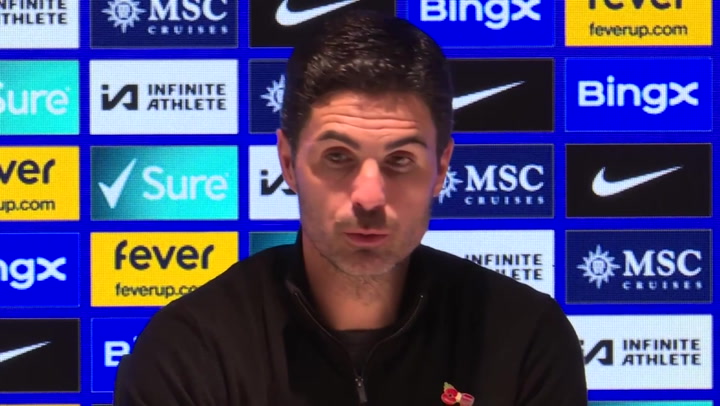The German party is over, though the party in Germany isn’t. Euro 2024 will continue without the hosts, as Julian Nagelsmann’s team go the same way as Portugal, as Italy and yes, even as Scotland, the nation they so convincingly beat on the tournament’s opening night.
Rewind all of three weeks and the verve and panache with which Germany dispatched of Steve Clarke’s side left many in awe of how their young talent – and those of rather more experience – looked set to shine on the big stage.
Jamal Musiala hummed, Florian Wirtz shone, Toni Kroos dominated, Niclas Fullkrug wowed off the bench and Nagelsmann’s side looked to have a classic blend of power, technical ability and squad depth.
They looked, in short, like potential winners.
And here’s the thing: they were. This was, by common consent, a meeting of potential finalists, just a few rounds too soon by happenstance. Where the aforementioned nations who have gone home early – Italy and Portugal in particular – have been rather unceremoniously waved off after fairly dismal showings, Germany were good value for a run deeper into the tournament.
They will also have a rather more robust excuse as to their exit, too: regardless of whether Spain now actually go on to win the European Championship, most will already see them as the best team in the tournament.
That gives Germany themselves room for acknowledging what they did well and where their own improvements can still come to compete with the very best, while still saving face to an extent among supporters, who Nagelsmann believes will be happy with the effort and endeavour shown. Spain did not find victory easily, after all, and for a spell were themselves hanging on.
Nagelsmann hopes the rapport between supporter and squad can continue to build new foundations, ones which can lead to success in future. “I think what was reproached towards the national team in the past, [was] that they didn’t want to win, that they didn’t show enough will to win, I think today you couldn’t see that for one second,” he said after the match.
“The players invested everything on the pitch. I said to them they should take that with them, that we are a country where too much is said in too many situations, looking at many situations with a very dark perspective.
“I hope that this symbiosis between football supporters and the national team can happen also in the midst of our society, that we understand as a society that we can create something, that we can move things.”
If that latter line can sound a poignant one in a week where the UK general elections have been held and another round of French ones are still ahead, Germany’s head coach will hope for more literal continuity between his team and his supporters, having already signed a new contract through to the end of the next World Cup.
And, despite the retirement of Toni Kroos and the fact a further five members of this squad are aged 33 or over, the nucleus is clearly there for Die Mannschaft to continue to improve and thrive. It’s still a new team, as such, after the confusion of Hansi Flick’s reign and the early days of Nagelsmann’s own turnaround project – pre-enticing Kroos out of retirement, for example. Now he’ll have to find a totally different solution to that particular problem.
Other potential departures or changes are less problematic. Marc-Andre ter Stegen is an exceptional goalkeeper and could have replaced Manuel Neuer by now. Thomas Muller has already become a bit-part player, more dressing room presence than on-pitch force in the national team arena, and Pascal Gross is only a squad player.
Ilkay Gundogan sticks out as the more difficult one to eventually replace, though at 33 he needn’t be an imminent alteration.
As such, this tournament may have been an important and ultimately successful stepping stone for Germany in many ways, on and off the pitch, a month of coming together and showing each other what is possible.
In terms of people and a nation, they have been excellent hosts thus far – public transport timetable woes aside – and in every host city visited, the sense of tournament and importance is simply never far away.
That has in large part been generated by the thousands upon thousands of white-shirted supporters roaming the streets, the pre-match songs roared out in familiar style, the assurance from many that their team was en route to glory and the excitement generated by all when it was time for Germany to play.
They’re no longer part of their own event, but that doesn’t make this campaign a total failure. They wanted more and were good enough to go further, but even with the hosts no longer involved, Germany can consider Euro 2024 to have been a resounding success with more still to come – the team simply won’t be around to enjoy it.
Source: independent.co.uk



